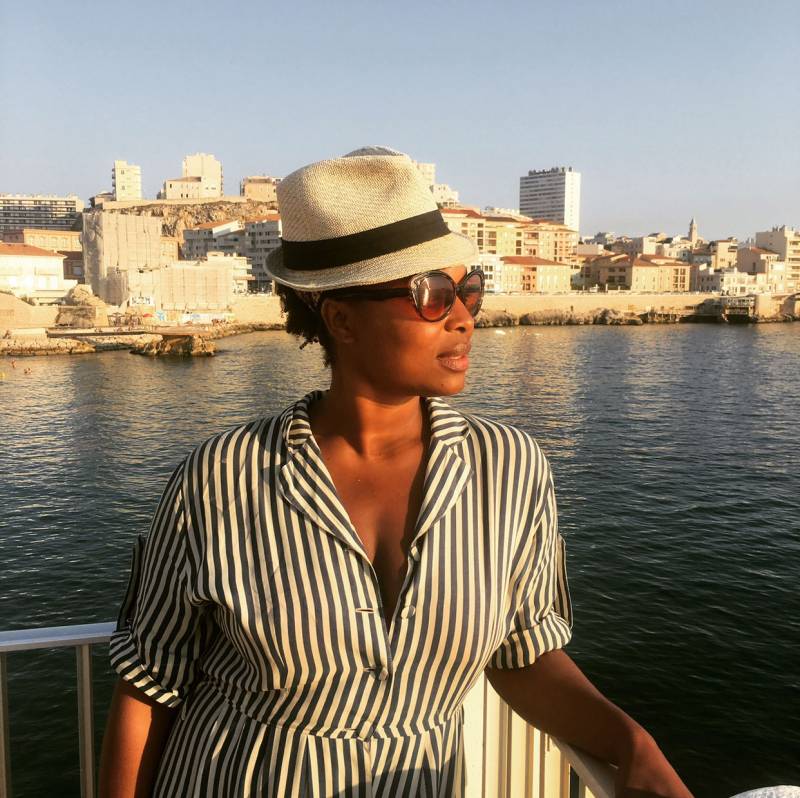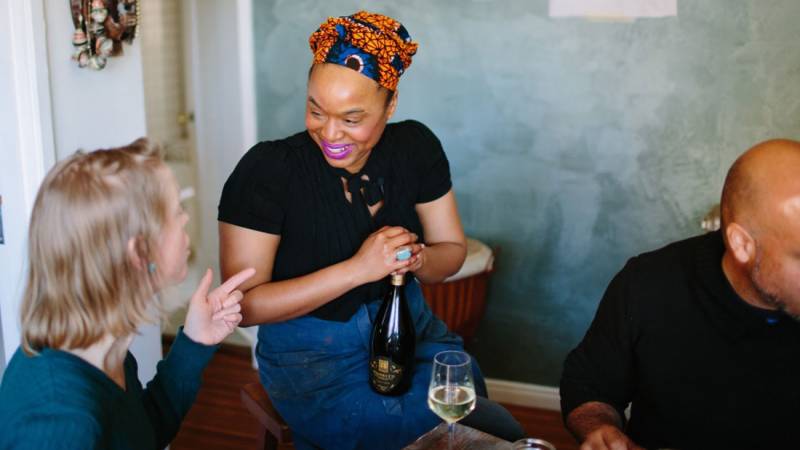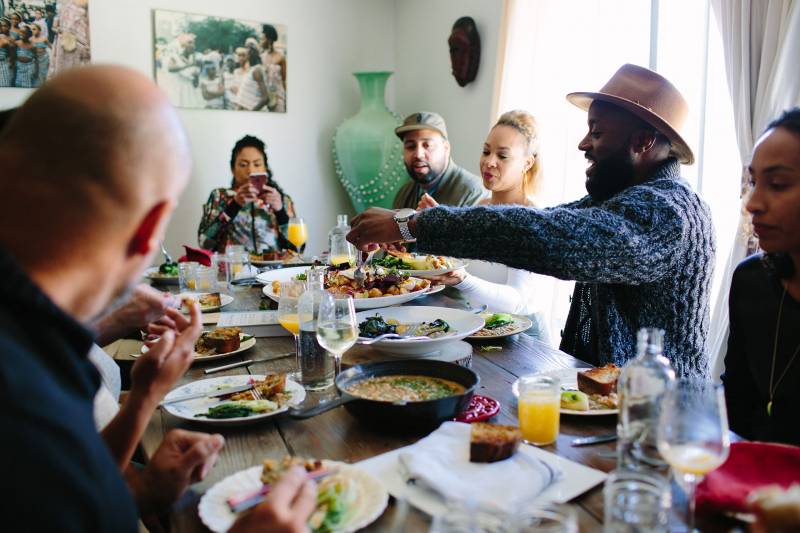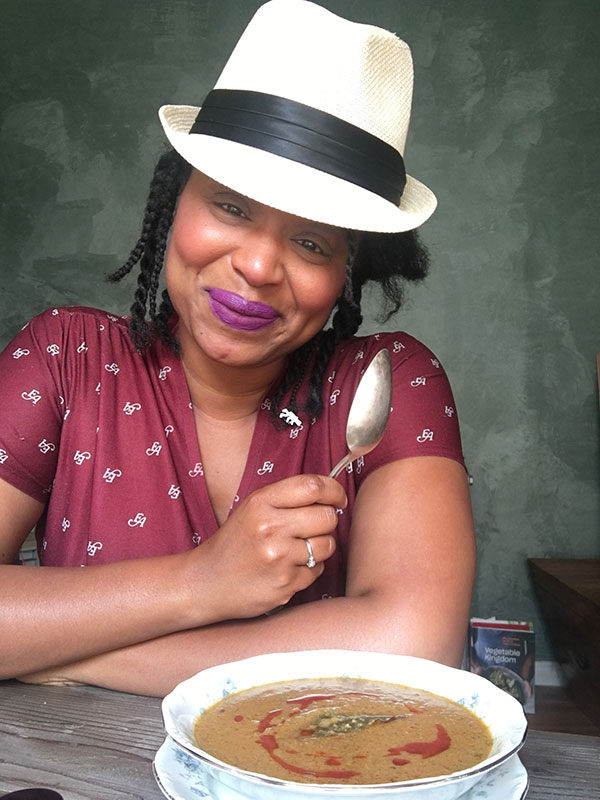Monifa Dayo is a chef and author who recently left Oakland for Senegal due to the United States’ racism and response to the COVID-19 pandemic. Here, she shares her plans for the holidays, away from the Bay Area that she’d made her home.
Thanksgiving and Christmas are hard for me. Allow me to give you some context.
Currently, I live in the capital city of Dakar. I moved to Senegal several weeks ahead of the 2020 presidential elections. I was under duress. COVID-19 was in its first phase, blazing largely through the Black and Latinx community. Statistics persisted showing an acutely disproportionate illustration of how, once again, Black people bear the brunt of national degradation due to white tyranny. I've never been able to dismiss this factuality as happenstance or coincidence.
The anxiety and upset I experienced during this time due to the blatant dehumanization of Black people perpetuated by American hypocrisy was paramount. The efforts made to carry on about my business became more and more dreadful, and caused a series of health problems that affected my fertility, mental health and physical well-being. Essentially, this country was killing me. I was facing a near-nervous breakdown and, even deeper than that, I was embodying the same energy that my life’s work seeks to extinguish in the world. I was bitter, angry, and most importantly I was hurt. I was in dire need of reconnecting to my center, so radical self-care was the recipe for my resurrection. Such precious time with myself lent the opportunity to understand that at the heart of my disdain was the culture of America, and its systems of oppression and racism. Within six weeks of my revelation, I was on Sénégalais land.
So I find myself here in Dakar during the American holiday months and a global pandemic. Every aspect of my life has shifted, so I’ll explain first what that shift looks like for me here.

Senegal finds itself at the top of a global ranking in its response to COVID-19. As a result, cases are low and the death toll is miniscule, considering the density of the country. One can attribute this success largely to the government’s early response and firm actions rooted in science-based information, prompt and reliable testing, a clear and detailed plan of action and consistent national messaging to its constituents. Yet as I’m constantly reminded, this virus exists and still very much affects the people of Senegal.


